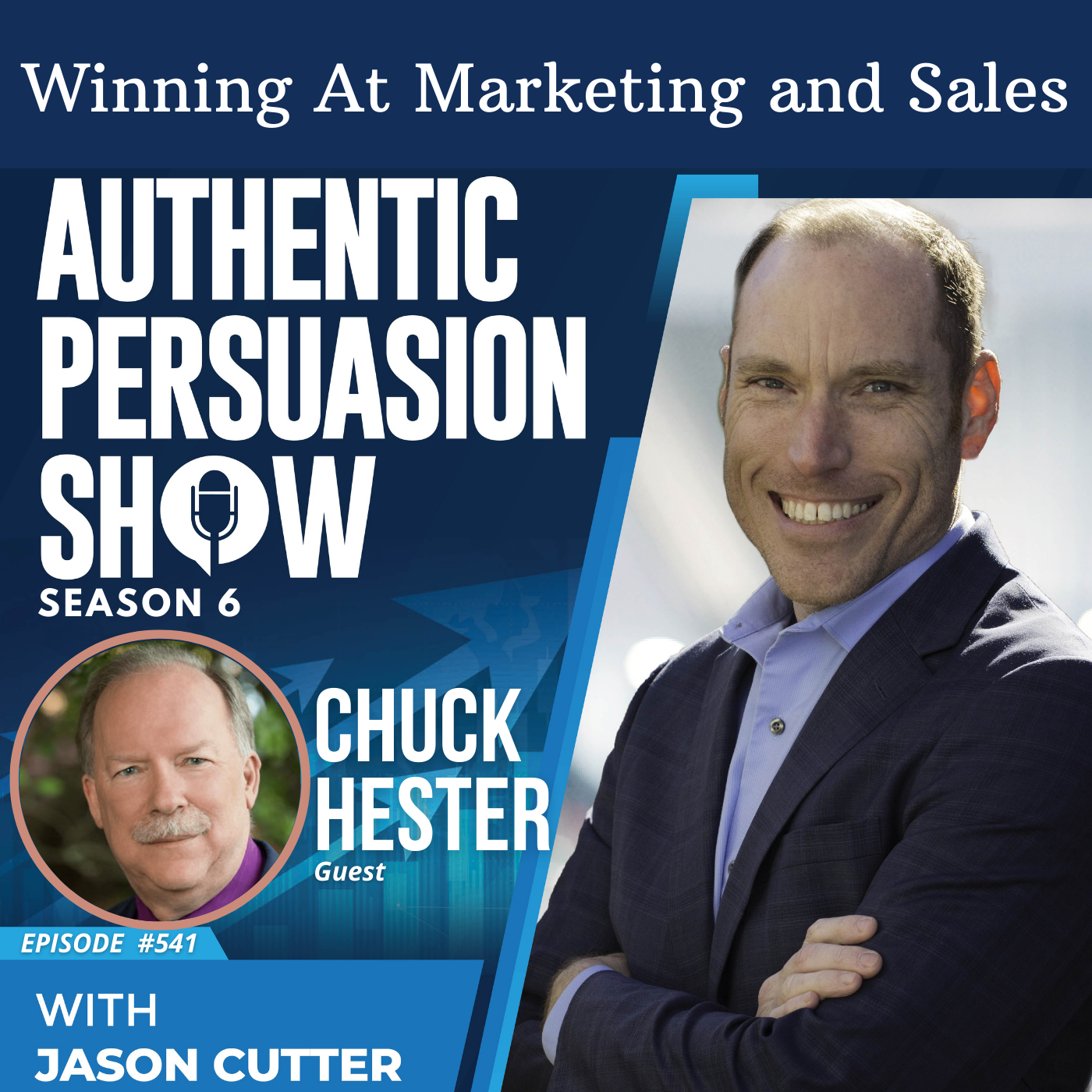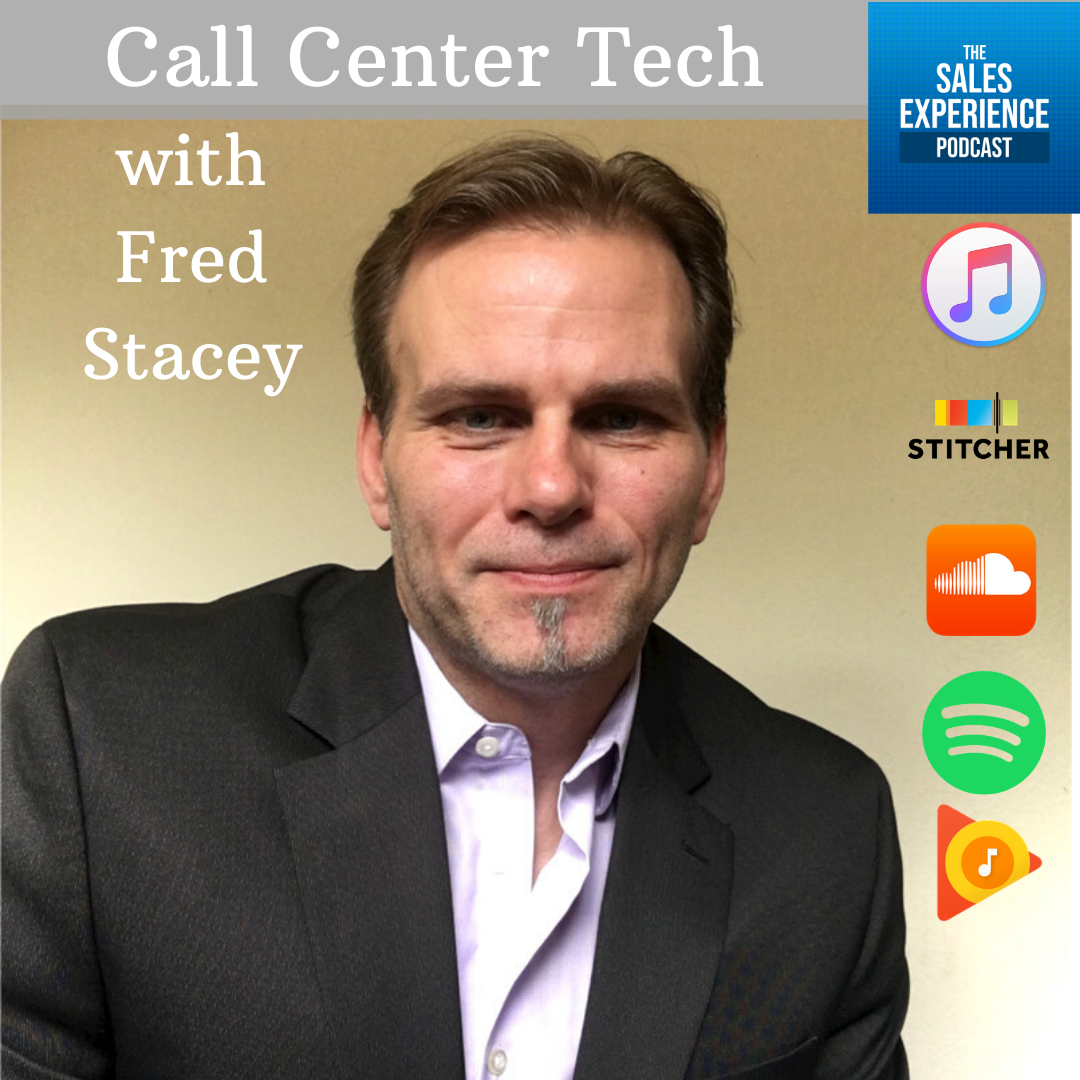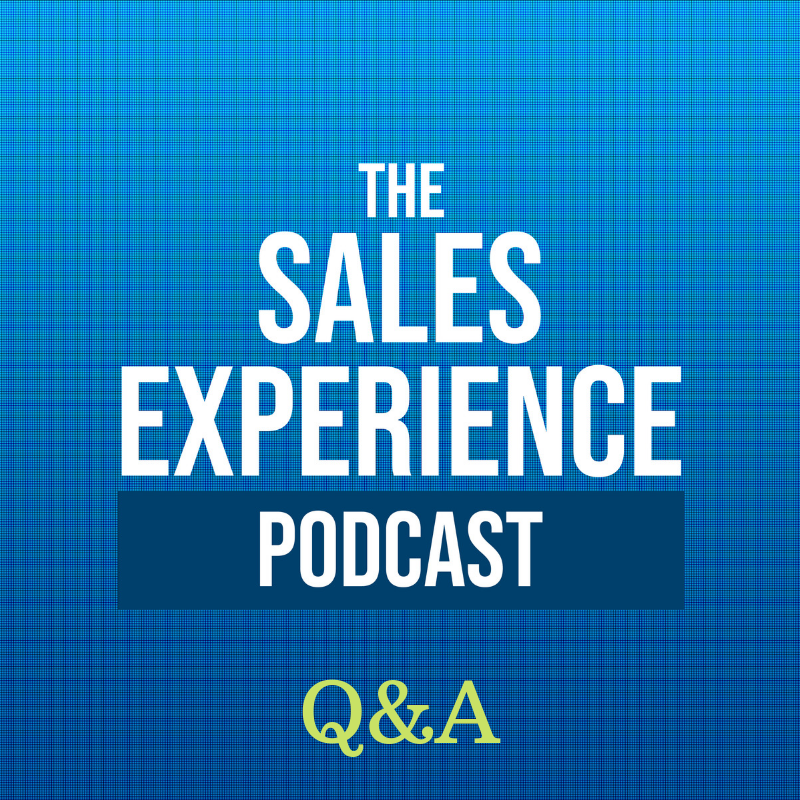Episode Transcript
[00:00:00] Speaker A: Welcome to the authentic persuasion show. On this episode, I want to replay part of a previous show. Maybe you heard the original full length episode and this could be a great refresher and reminder. Or maybe this is your first time hearing this content and the timing could be just right to help you leverage authentic persuasion today in your role, no matter what. Here's to your success.
This is the authentic persuasion show.
[00:00:24] Speaker B: You it. I've seen this so many times is that I know I can help you. So, for example, used to one of the first sales jobs I had running sales teams was helping people who are in credit card debt get out of debt, get into consolidation, debt management, debt settlement, all kinds of things regarding their credit card debt. And I would routinely see people $50,000 in credit card debt, 29% interest rate. They're paying the minimum payment. It literally on their statement says, if you make the minimum payment, it's going to take you 33 years to pay this off. More than a mortgage, right? They're not getting anything for it. They've already spent that money. Now they're just paying it back for a very long time. Then what happens is when someone like myself and people on the team, I would see that, I know I've got to help them. They're stuck. They haven't been able to solve it so far, obviously, otherwise they wouldn't be in this position. They need help. It's going to be difficult because people don't want to change. That's what kind of precipitated this authentic persuasion pathway was. Those experiences and seeing what it took to move people forward. So anyway, so I can visualize those conversations and many times I would say, okay, here's what we need to do. Here's the next step. We got to get you into this program. Here's why, here's how it's going to help you relative to their goals. Many times, either to myself or to my team, that potential customer, that person's just getting crushed by debt, just underwater and has no idea how they're going to get out of it. Would literally say, well, you're just trying to get me to enroll so that you can get paid, right? I'm sure you're on commission, which is standard. That's fair. That's unfortunate side about sales is that when a salesperson is pressuring you to make a decision, it generally feels like it's for their benefit. But not all that pressure is wrong. Like, let's say you had a brain tumor and the doctor is pressuring you to get into surgery that day.
Does that pressure feel like it's something that's going to benefit the doctor? Do you ever say, hey, doctor, are you just trying to meet your quota of brain surgeries this week? Is it the end of the quarter? Is that where this is coming from? I don't understand what your urgency is, doctor. I don't get it. Why do you need me to do this now? No, that's ridiculous. We would never say that. If they did their process and diagnose the issue and they can show that here's what it is, and then they're prescribing that solution, we don't say, hey, what are you trying to do? I don't get it. Is this some end of the month thing? No, we wouldn't. But to sales we do, because there's no professional standards, there's no requirements for salespeople to be ethical. And that's what's missing. And so that response is normal. Like the person with the credit card debt is, hey, you're just trying to do this so you can get a commission. Absolutely not. Was always, my answer is, I would tell them if I can't help you, if this wouldn't benefit you, I would have told you no.
And I'll usually reference, hey, I told three people no yesterday because of X, Y and Z. They didn't have the right debt, enough debt. They had a different plan, something was better for them. Or sometimes bankruptcy was better, right? Talk to a bankruptcy attorney because you're still not going to win even if you get into one of these programs.
The power of telling the wrong people no then gives you the internal strength and the conviction that you know that if it was a no, you would tell them no. And if it's a yes and you're telling them yes, there is a strong reason and you're still doing it for them and not yourself. And I have found that is a game changer. That is a game changer because the more people you tell no to that are the wrong fit. Again, square pegs, round holes. We're not talking about weak selling strategies. We're not talking about being weak at sales and telling people no or being afraid of closing deals. I'm talking about telling the wrong people no. So that when you tell the right people yes, it's game on. That energy is different, your conviction is different. Why you're telling them and then you can do that. You can tell them that when they say and they push back and always be prepared for this is, well, you're just telling me that because you want to sell me this, right? No.
Absolutely not. I'm telling you this because you need it. Based on what you told me, this is exactly what you need. This will help you get to where you need to go. And then you fill in the blank, right? Based on the conversation you had.
![[725] Selling With Conviction](https://episodes.castos.com/salesexperiencepodcast/images/1661533/c1a-4d8w-2o1q65n6f6gz-bfzans.png)


